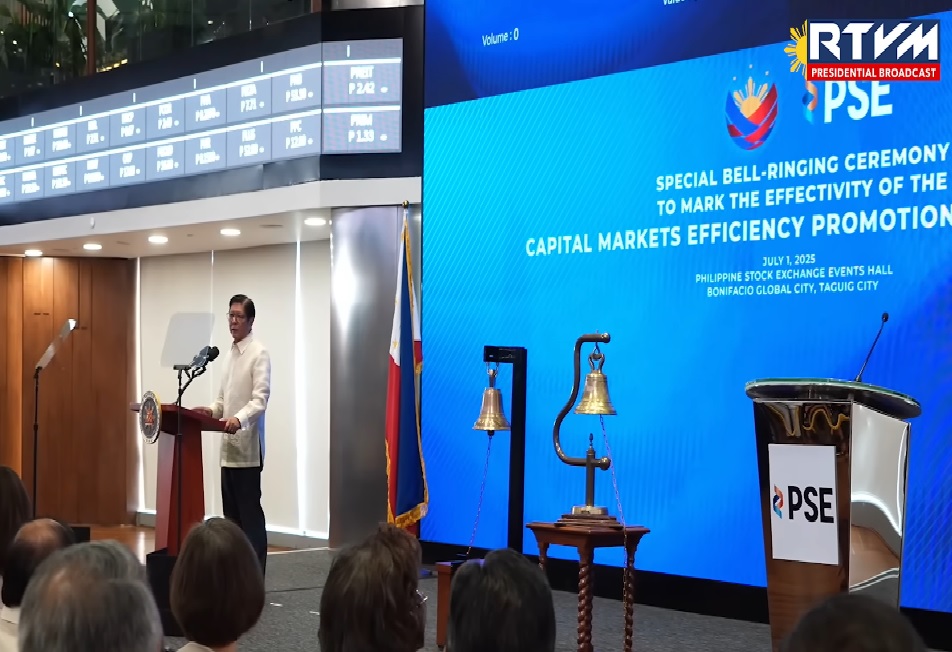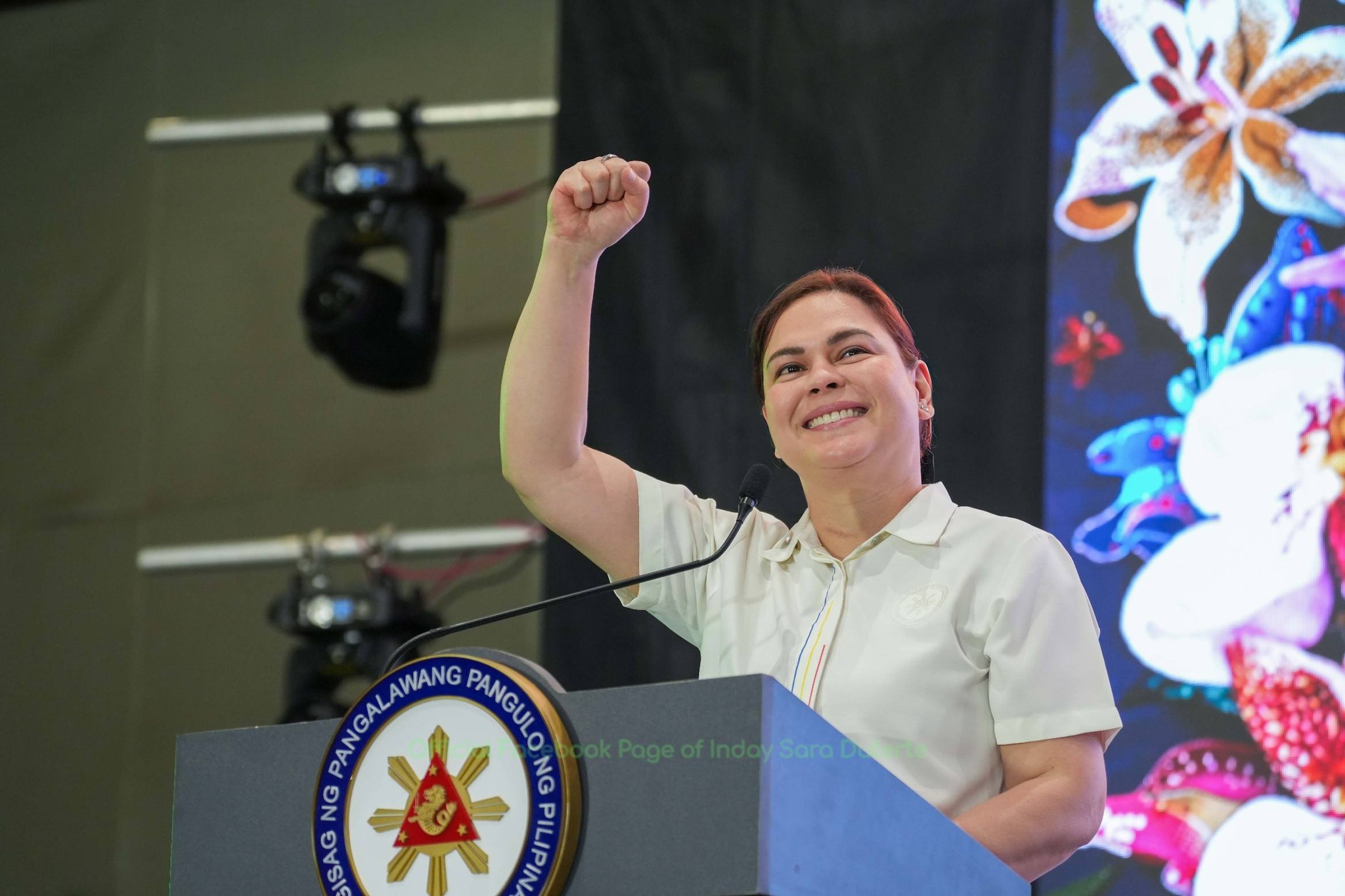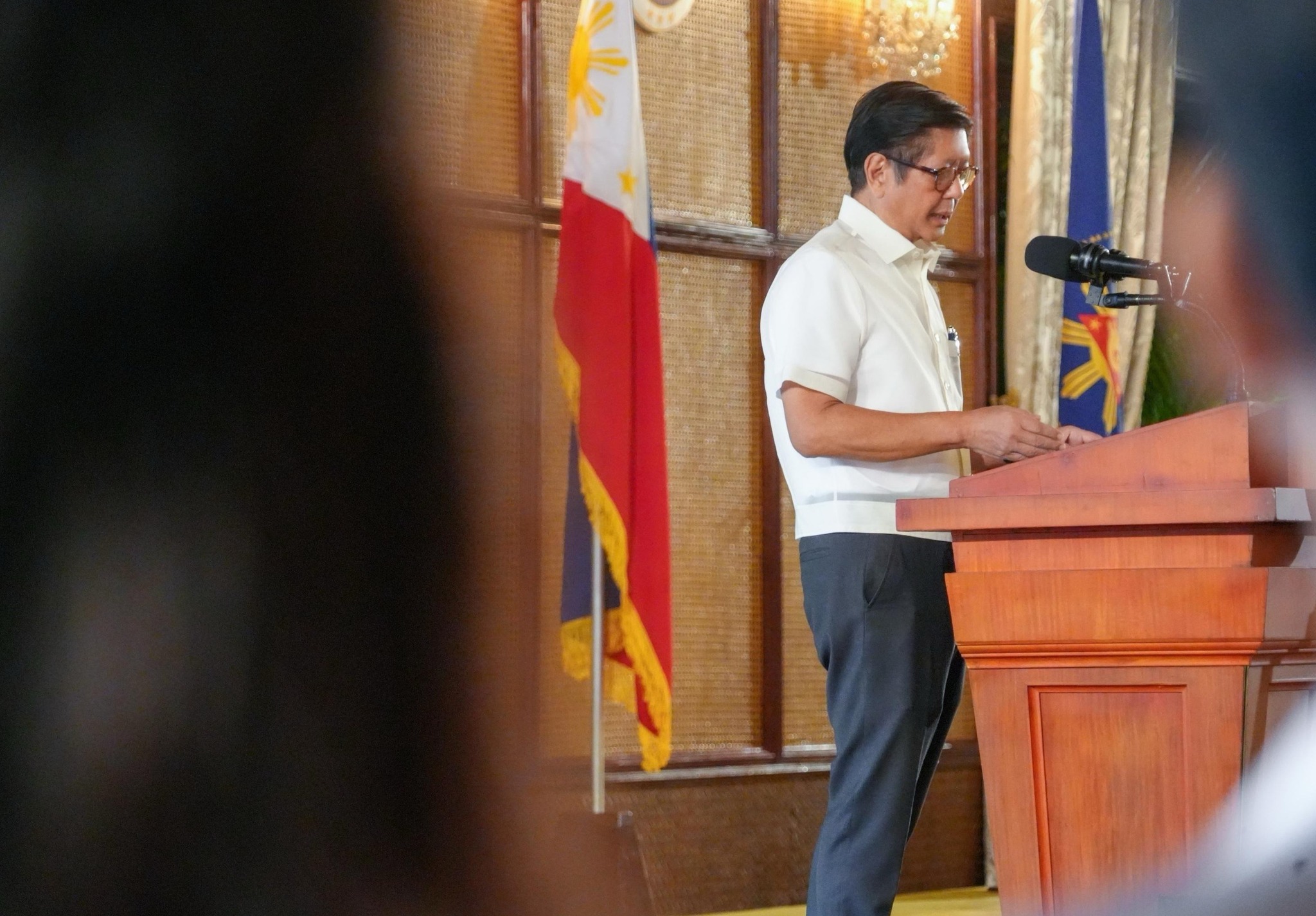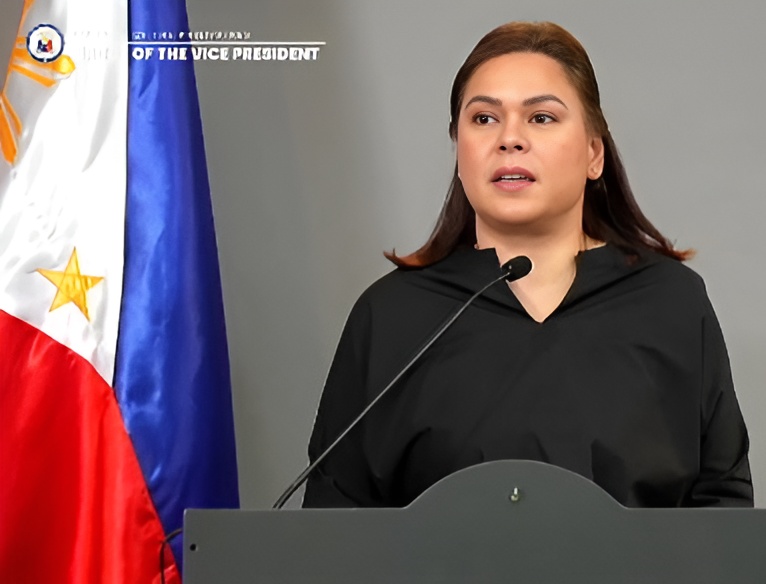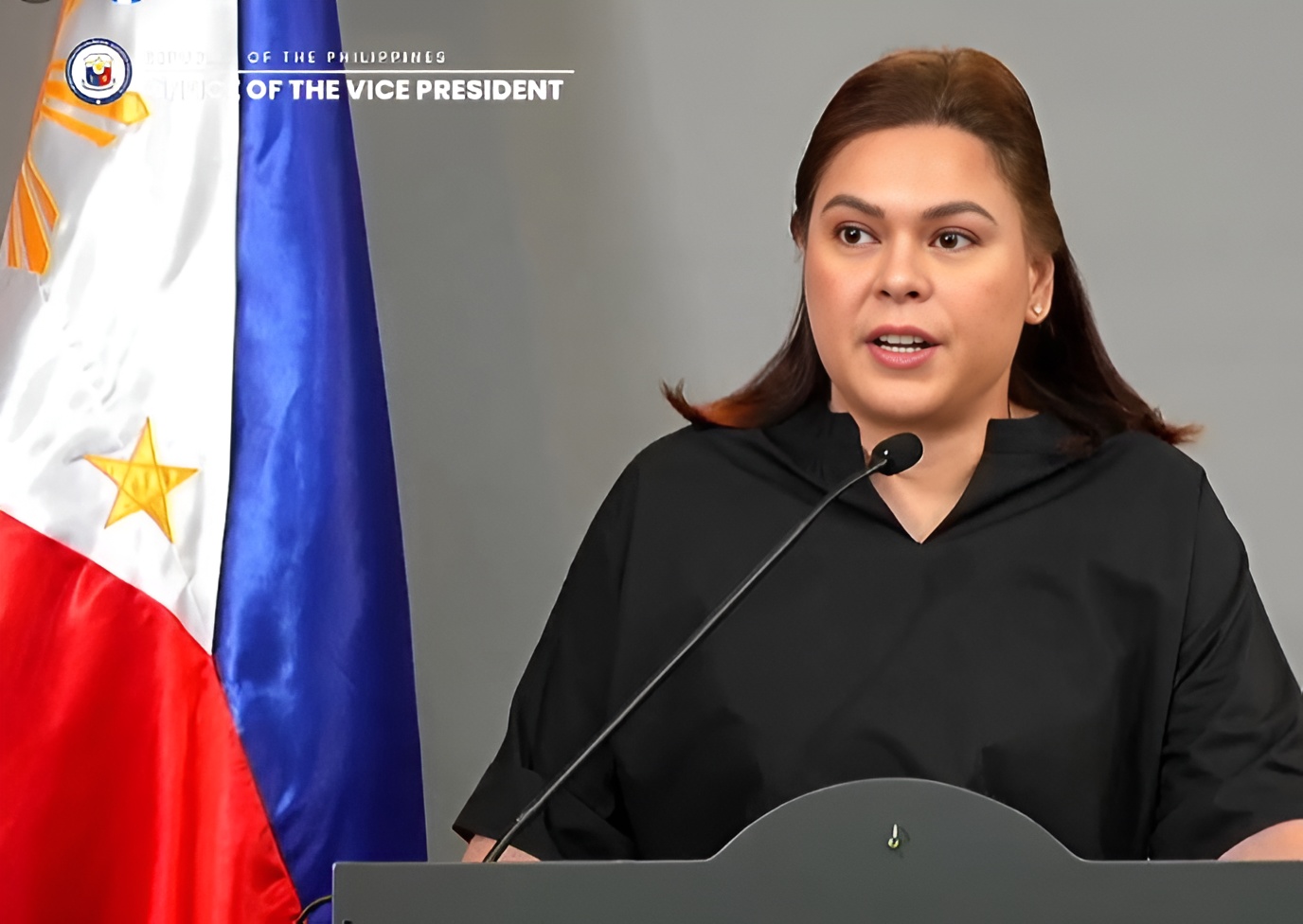
The Philippine government, bloated with debt and addicted to political patronage, has now found a new target to bleed dry: the Filipino saver.
On July 1, 2025, the Marcos Jr. administration implemented Republic Act No. 12214, deceptively named the Capital Markets Efficiency Promotion Act (CMEPA), imposing a flat 20% withholding tax on all interest income from bank deposits—whether short-term, long-term, peso, or dollar. This measure abolishes previous exemptions that encouraged long-term saving, especially among retirees and overseas Filipino workers who rely on interest income to survive.
The justification? Simplification. Efficiency. Capital market deepening. But let’s be honest: this is a desperate tax grab to plug the ever-widening fiscal black hole created by plunder and ayuda politics.
The Philippines’ debt-to-GDP ratio has now shattered past the once-prudent 60% threshold widely accepted as a danger line in developing economies. This spike in debt is not the result of productive investments in infrastructure or human capital. Instead, it stems from years of reckless spending on political payoffs disguised as social aid, with billions funneled through patronage-based financial aid programs and bloated congressional pork barrels.
And now, to keep this house of cards standing, the government is punishing those who did the right thing—the teachers, nurses, retirees, and OFWs who put their money in the bank, not in casinos, crypto, or corrupt contracts.
This new tax measure tells Filipinos that discipline is worthless and prudence is for fools. Saving for the future now carries a heavier tax burden than gambling on stocks or speculative assets—ironically subsidized under the same law through cuts in capital gains and transaction taxes.
The logic is as twisted as the politics behind it: the rich investor gets a tax break for trading stocks; the poor retiree gets taxed for having a savings account. The Marcos regime claims this will “broaden participation in the capital markets.” But participation in what, exactly? In a market that remains thin, volatile, and closed off to the average citizen? In a system that protects oligarchs and insiders while robbing savers blind?
Let’s call it what it is: a betrayal of the Filipino middle class.
The same government that bloats its budget with wasteful dole-outs now scraping the bottom of the barrel, extracting revenue from interest earned by ordinary citizens. Meanwhile, the political elite fly business class, live in gated communities, and funnel state funds to pet projects and re-election campaigns masked as “ayuda.”
This is not reform. This is fiscal cannibalism, where the state consumes the very citizens who keep its financial system afloat.
Politicians need money—lots of it—to sustain their vote-buying operations, which have now been normalized through institutionalized cash handouts. Instead of fixing tax enforcement, curbing corruption, or collecting from the real tax evaders, the Marcos administration chose the laziest and cruelest path: tax the silent, banked poor who can’t fight back.
The long-term consequences will be devastating. Savings rates will drop. Financial inclusion will stall. Trust in the banking system will erode. And the message will be clear: if you want to keep your money safe, keep it out of reach of your government.
CMEPA is not just a tax reform. It is a declaration of war on the Filipino saver. And it is a symptom of a government that would rather mortgage the future than govern responsibly.

